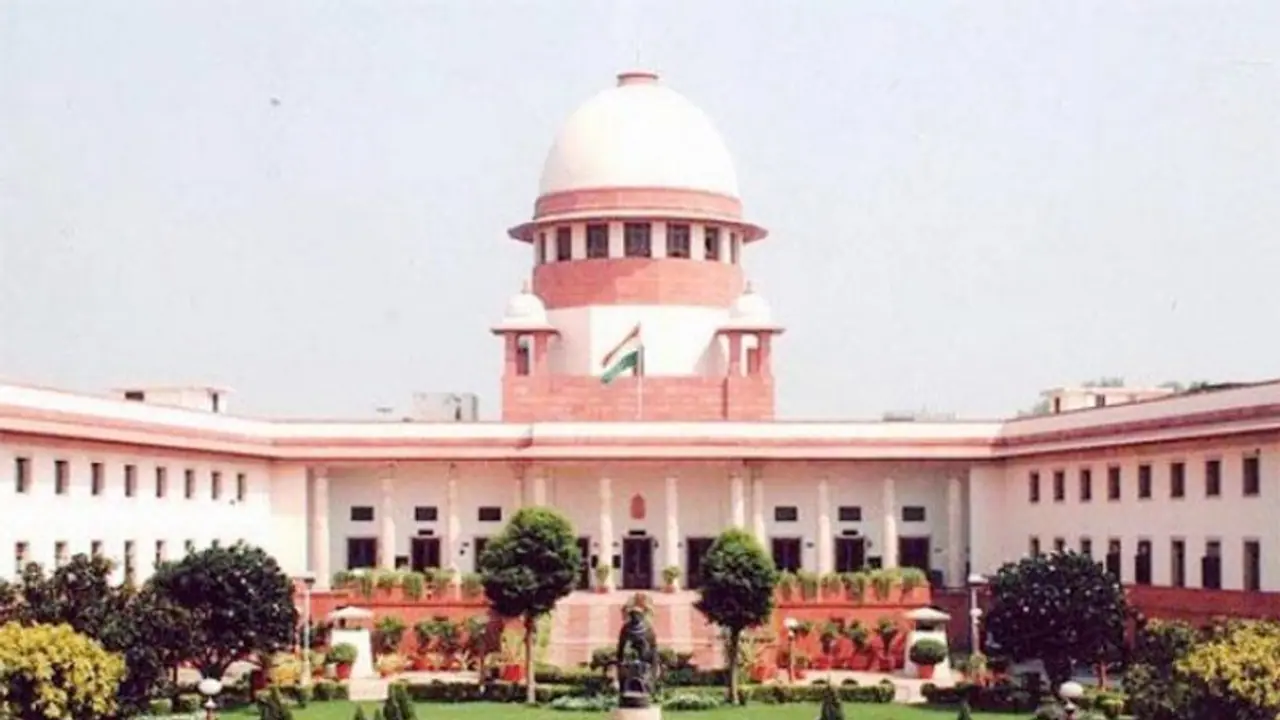On March 19, Madhya Pradesh Assembly Speaker refused to interact with the rebel Congress MLAs through video link. Supreme Court had suggested Speaker NP Prajapati to interact with the rebel Congress MLAs.
New Delhi: The Supreme Court on Thursday suggested that Madhya Pradesh Assembly Speaker NP Prajapati should interact with the rebel Congress MLAs through video link or the court can appoint an observer to allay the fear that the legislators are in captivity.

The Speaker refused to accept the top court's proposal.
A bench comprising Justices DY Chandrachud and Hemant Gupta said it can create conditions to ensure that "exercise of volition" of the rebel MLAs is "truly voluntary".
"We can appoint an observer to Bengaluru or some other place so that the rebel MLAs can connect with the Speaker through video conferencing after which he can decide," the bench said.
It also asked the Speaker whether any inquiry was made on the resignation of the rebel MLAs and what decision has he taken on them.
Senior advocate AM Singhvi, appearing for the Speaker, said the day court begins to give time-bound direction to the Speaker, it will be constitutionally problematic.
The counsel appearing for Governor Lalji Tandon told the bench that Madhya Pradesh chief minister Kamal Nath was "sitting aside" in the turn of events and it is the Speaker who is "leading the political battle" in court.
The bench asked all the parties how does the decision of a Speaker in matters of resignation and disqualification of MLAs affect the floor test.
It said the constitutional principle that emerges is that there is no restraint on trust vote because of resignation or disqualification being pending before the Speaker.
It said, therefore, the court will have to flip around and see whether the Governor acted beyond the powers vested in him.
During the hearing, the bench said that if the government loses the majority when the Assembly is not in session, then Governor has the power to direct the Speaker to summon the Assembly.
"What happens when the Assembly prorogues and the government loses its majority, then the Governor can call the Assembly," the bench said.
Singhvi said the Governor has very limited power with regard to the functioning of the Assembly and he can only summon, prorogue and dissolve the House, but he cannot intervene into the functioning of Assembly, which falls under the purview of the speaker.
The Governor cannot ask the Speaker that you should do this, you should not do this, it is beyond his power, he said.
However, he added, the Governor has the right to summon the House but it cannot decide the functioning of the House.
The advancing of arguments in the case will commence after lunch break when senior advocate Kapil Sibal, appearing for Nath would start his submissions.
